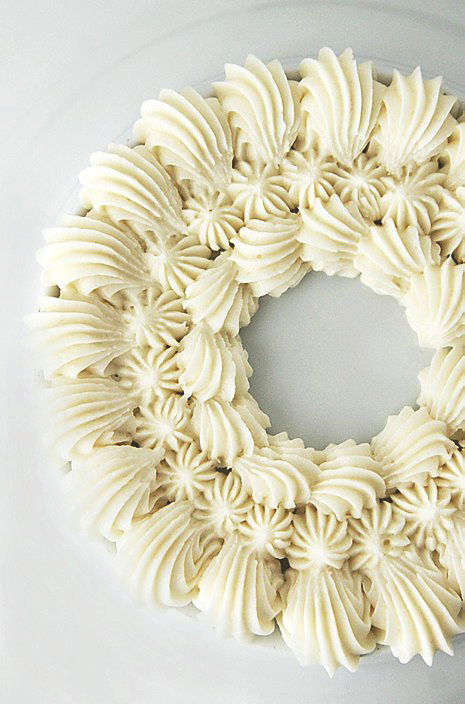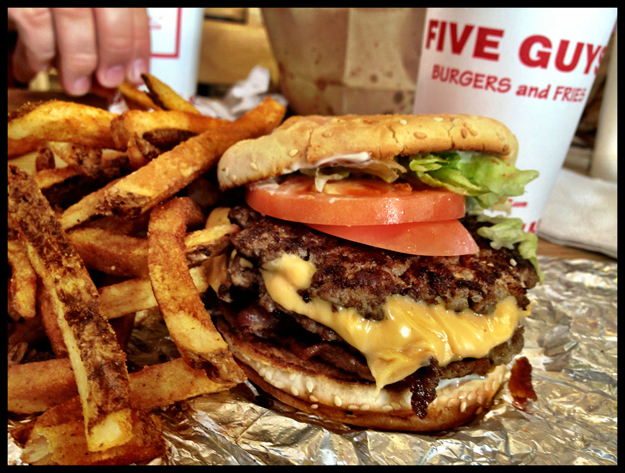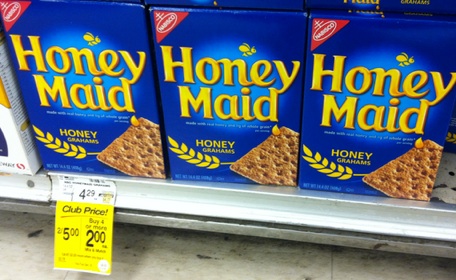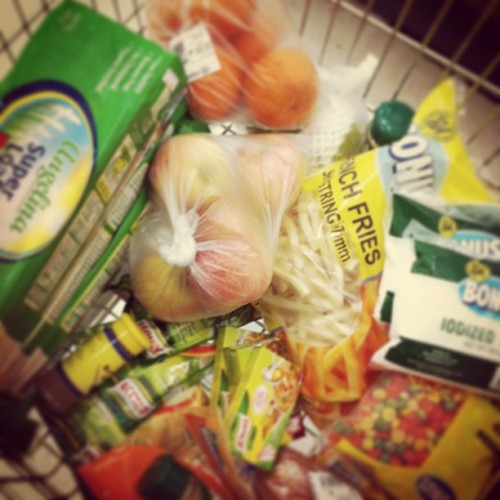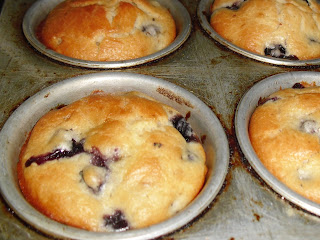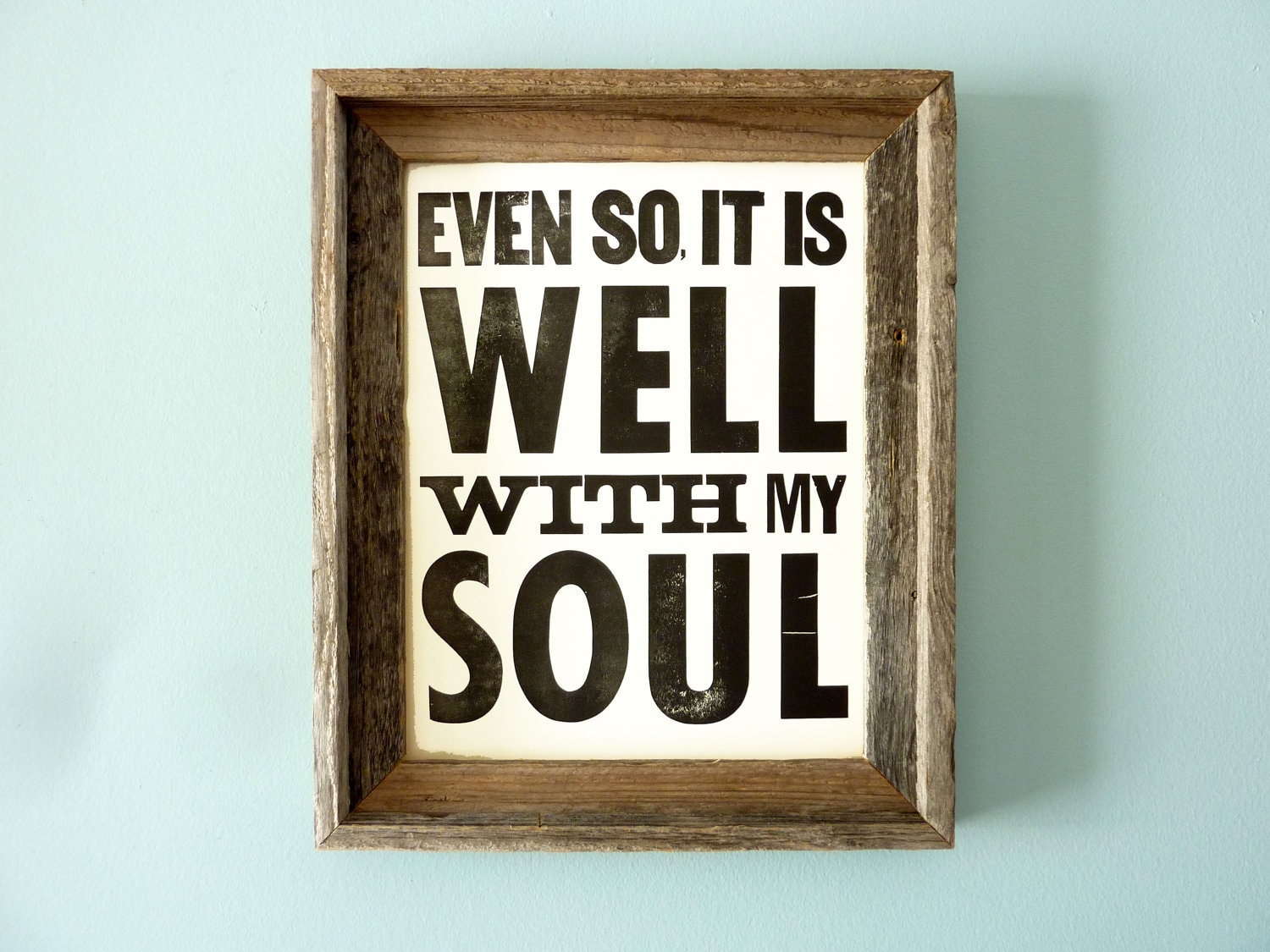
Pollen has been turning my tears yellow, little vessels of itchy gold. I carry toilet paper in my backpack wherever I go, stealing it from the campus bathrooms. Even my tongue itches with pollen. I scratch it with my teeth.
Peace tends to enter my eyes, even with the pollen. The gentle drifting of tree leaves caught on the soft lip of a breeze. The long and yellowing 7:45 light. The sunset between the 7:50 and 8:20 light and clouds. The tea-saucer moon like white china.
One of the lesser known lines of this hymn we sing says, "in death as in life, / Thou shalt whisper Thy peace to my soul." In brokenness as in healing, thy peace. In aloneness as in togetherness, thy peace. In weakness as in strength, thy peace.
It is well with my soul, not will be.
In the old languages, a soul is not immaterial. King David wrote his heart and soul as his whole self. My soul gets up in the morning and showers and drinks tea and eats oatmeal. My soul reads a book or writes a poem. My soul ministers to my sister in Christ.
It is well with my soul. A claim to healing, vital signs in a dying world. There's a pulse here. There's movement in these limbs. There's life in the rotting earth. There's a river flowing and a heart pounding and a flower blooming full force. It is well.
There's triumph here--in the wellness, in the goodness of God. The difference between the greatness and the goodness of God is the difference between his power and his essence. God is great because of the power he holds. God is good because it is his nature to be that way. There is nothing we can say about the blessedness of God except that he is good. There are no more words.
It is well. It is well because of the goodness of God in us. This is it! This is the ultimate--God's goodness in us. No wonder it is well! How could it be better?
The whispering peace in our souls makes us well. The peace that enters our eyes makes us well. The peace moving through our bodies and into our hands to bless others makes us well. We're well. It's well. It's this peace in our souls. Peace, finally. Peace at the hand of the Father. Peace beating through our veins with the goodness of a God who strung the earth together with his bare hands, threading her with grace. Peace spoken by a God who pulls up the grass with a fine needle every spring and tie-dyes the sunrise in the east.
Peace, moving.
